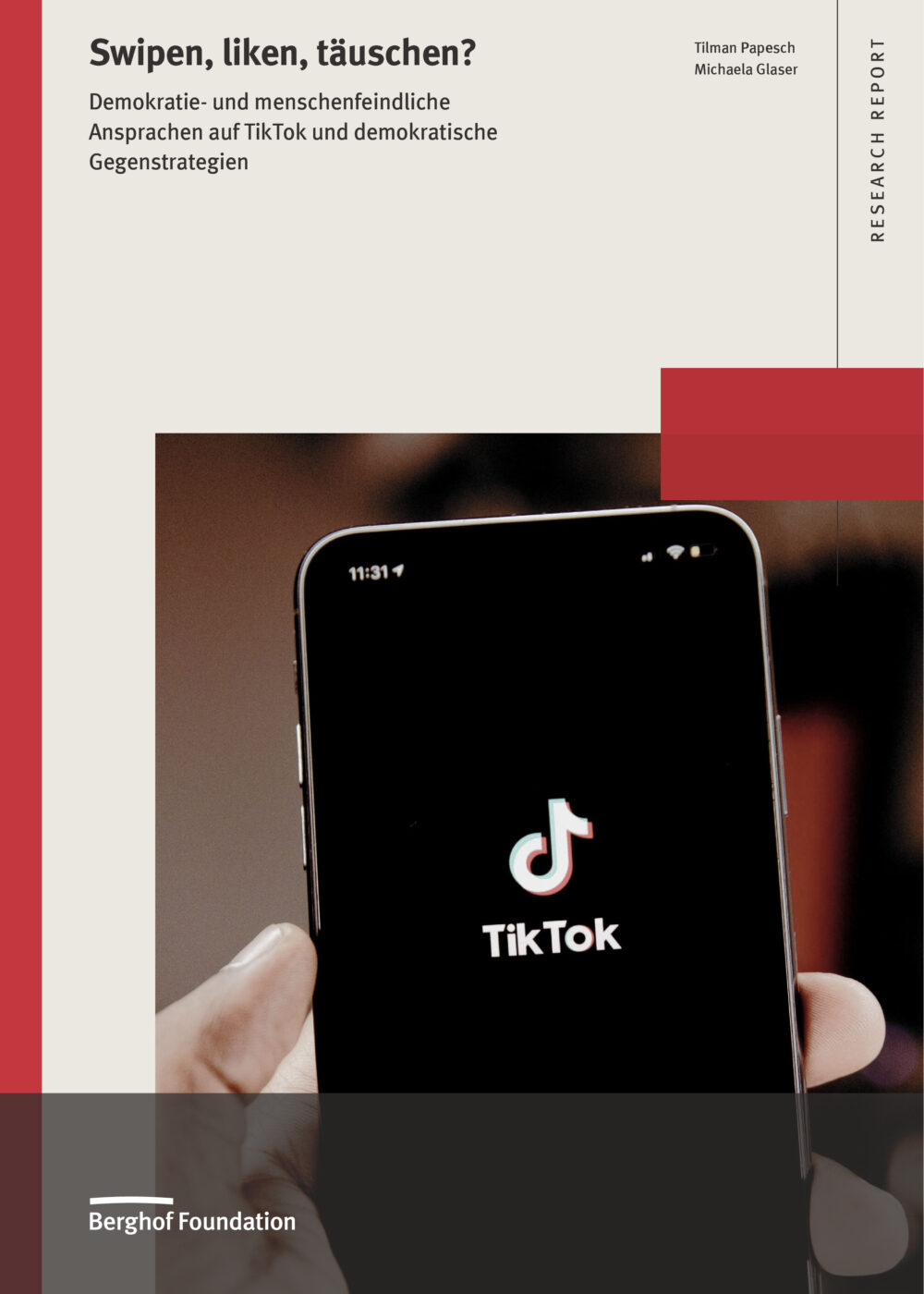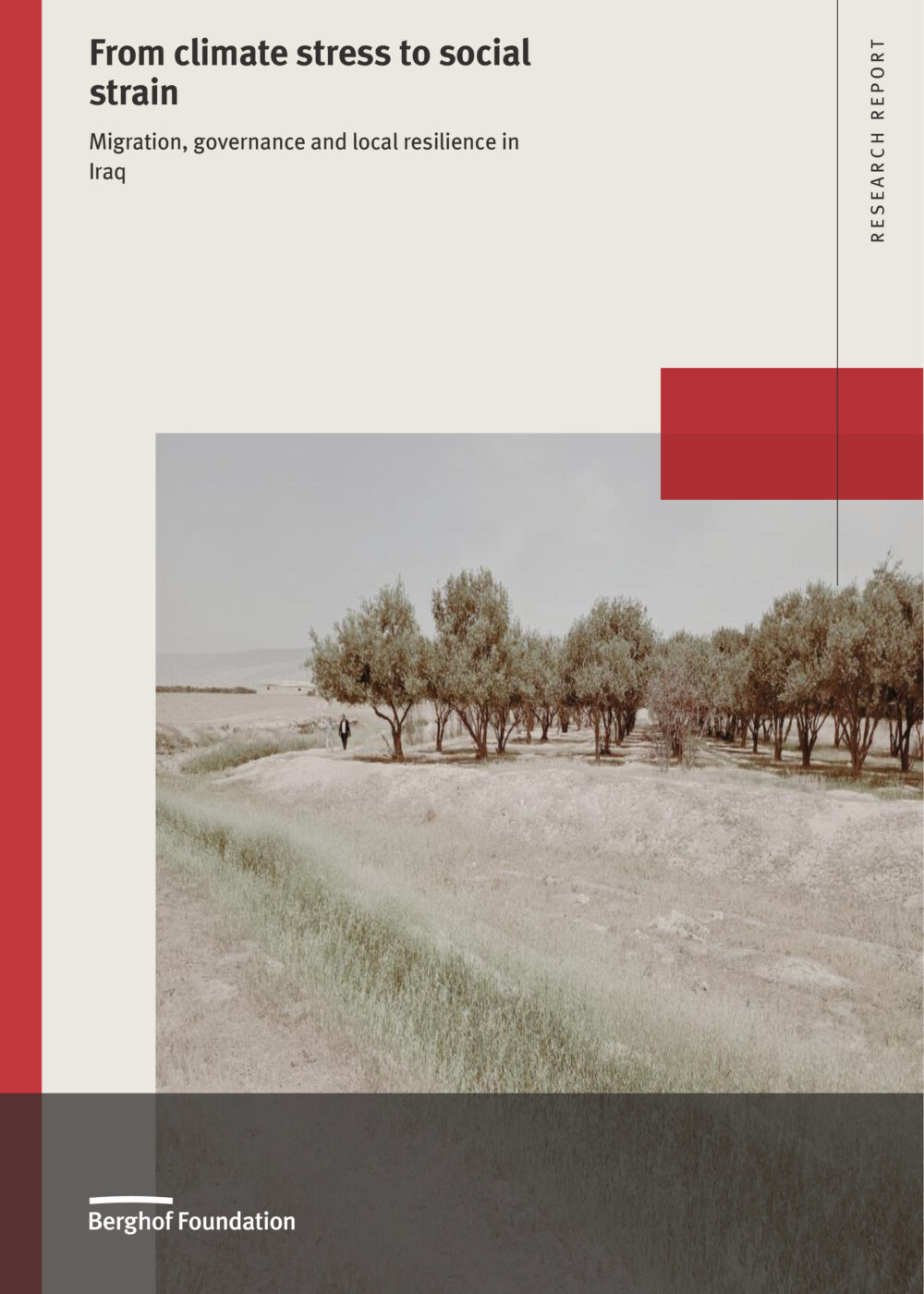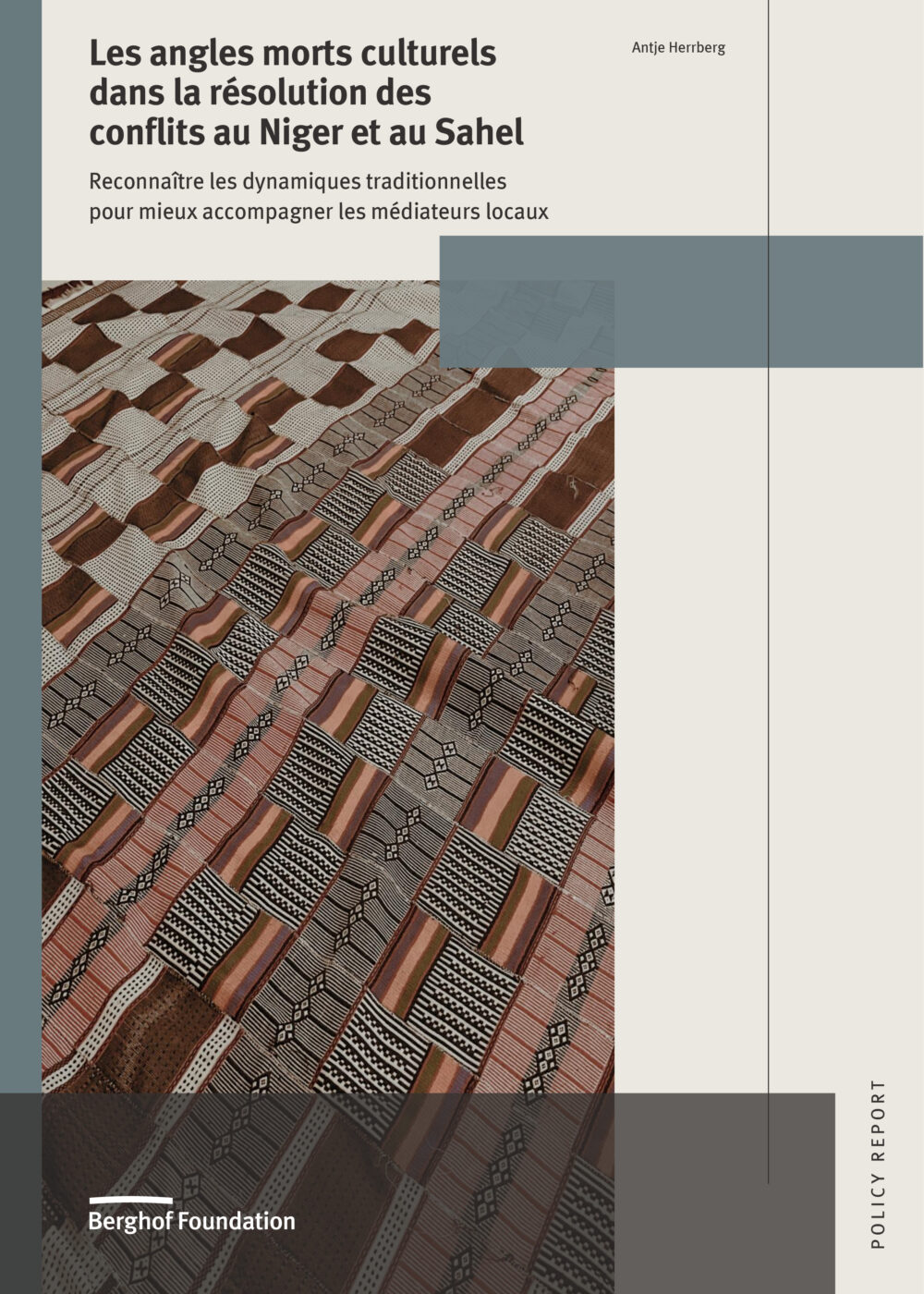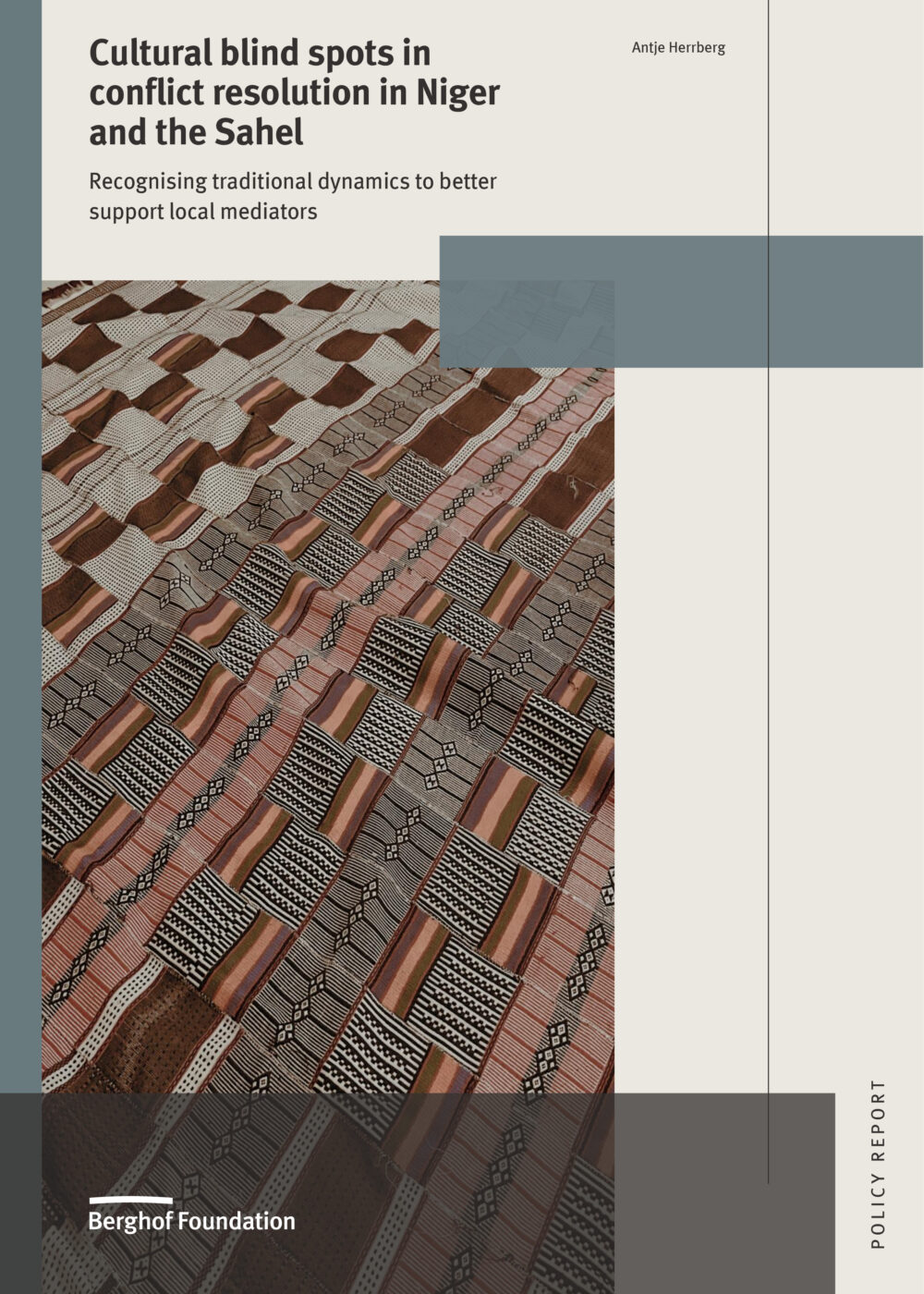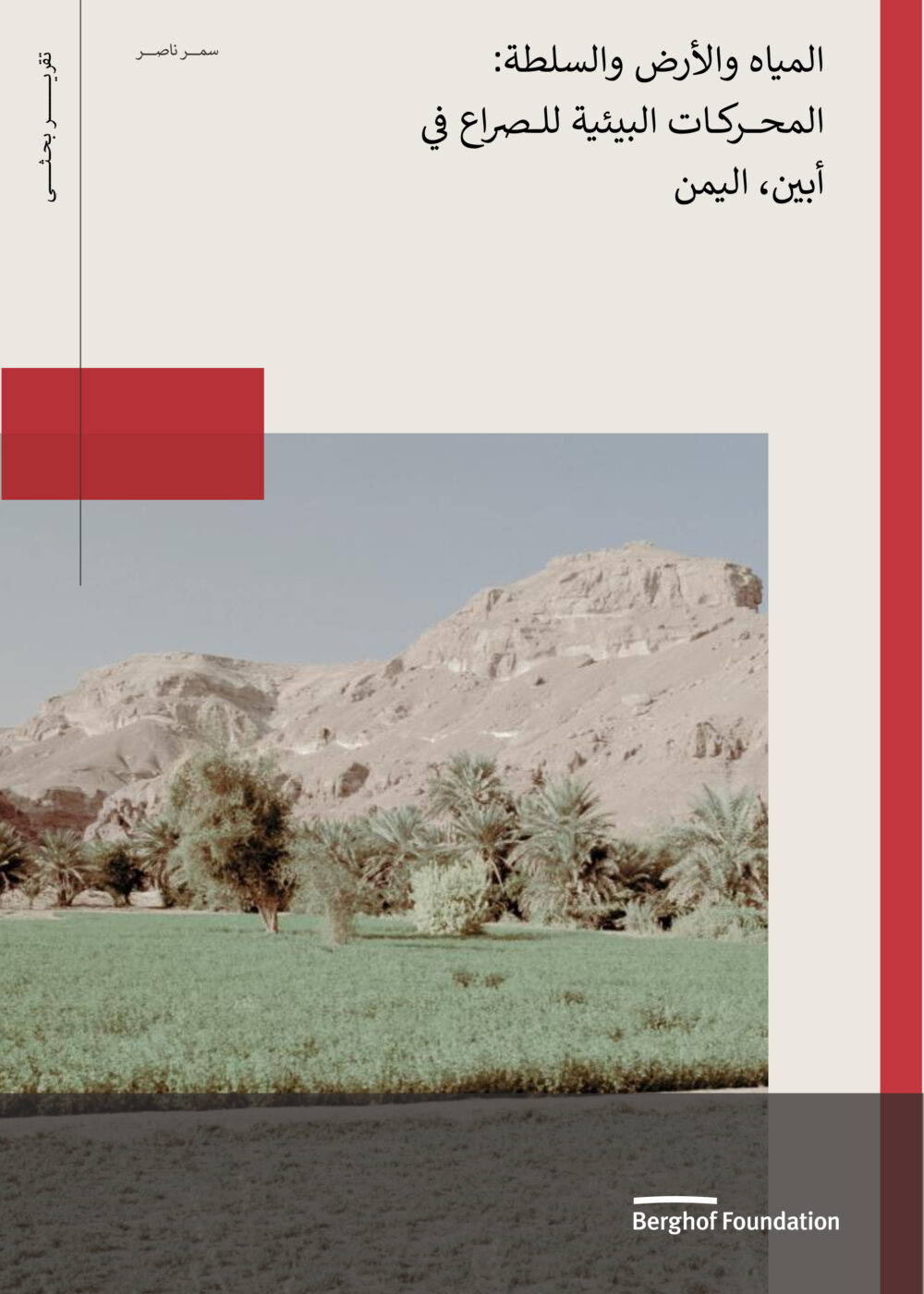1 Mar 2014
“Living Freedom” – The Evolution of the Kurdish Conflict in Turkey and the Efforts to Resolve It
Transitions Series No. 11
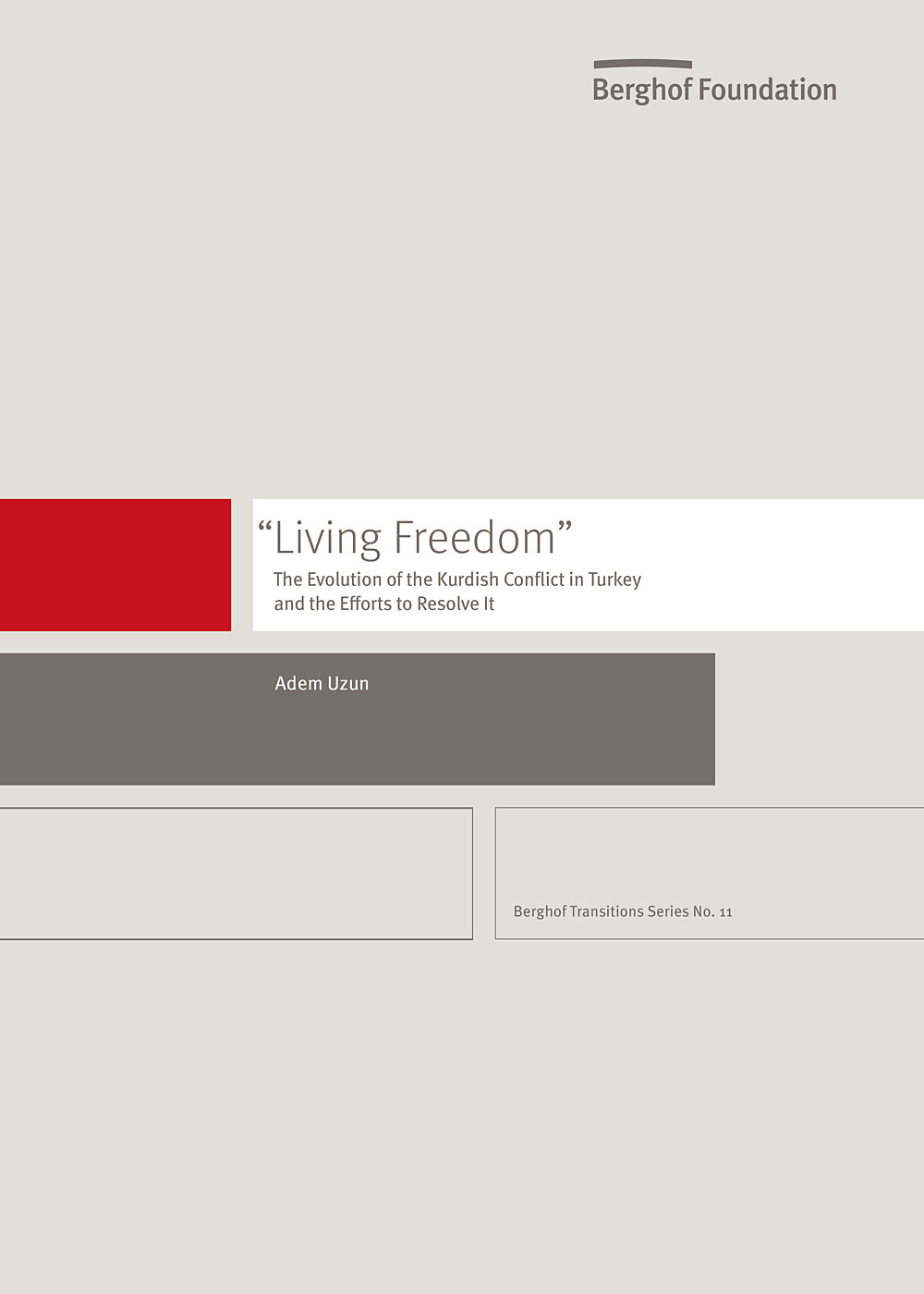
The unresolved ‘Kurdish question’ is closely tied to the interests of global powers, and as such is as much the problem of England, the United States (US) and the European Union (EU) as of Turkey, Iran, Iraq, Syria and the region. In short, the Kurdish question is an international problem.
Because Kurds have always lived under the sway of others, they have had difficulty establishing the internal dynamics and motivation required for self-administration. The result has been a lack of societal unity and religious ideologies that sometimes conflict with one another – which explains the Kurdish people’s vicious cycle of dividedness, external reliance, inner conflict and subdivision into even smaller pieces.
Authors
Adem Uzun
Editors
Over the past 200 years, many uprisings have attempted to break this
cycle. None has succeeded, mostly because of a failure to extend beyond
the immediate surroundings and form a cohesive approach encompassing the
historical realities of the region. Some uprisings were provoked by
outside forces, and all were followed by massacres by the Turkish state.
The 1936 uprising in Dersim is a case in point.
This cycle of rebellions eventually led to the establishment of the Kurdistan Workers’ Party (Partiya Karkerên Kurdistan, PKK), under the leadership Abdullah Öcalan, aimed at waging a struggle which “encompasses history, the present and the future” (Öcalan 2004). The PKK’s main dynamic of change is the perspective that ‘joint existence’ is crucial for success. Kurds will not be able to come “into [their] own” by insisting on the old approaches (Öcalan 2004). The Kurds’ current circumstances conflict with Kurdish society’s natural fabric: the organisation and construction of any society is not only about a political framework but also its moral, social and democratic components. Along with seeking a political solution to the Kurdish question, the PKK believes that an even more important struggle must be waged – to construct a democratic society. Their view is not that “we are going to see [the] beautiful and free days” of socialist jargon, but rather that “without postponing freedom to tomorrow” we must aim for it today.
The main objective of this report is to explain the emergence and internal evolution of the PKK within the Kurdish struggle for freedom and democracy against the repressive and nationalist policies of the Turkish state.
About this Publication series
This case study is one of a series produced by participants in a Berghof research project on transitions from violence to peace (Resistance and Liberation Movements in Transition). The project’s overall aim was to learn from the experience of those in resistance or liberation movements who have used violence in their struggle but have also engaged politically during the conflict and in any peace process. Recent experience around the world has demonstrated that reaching political settlement in protracted social conflict always eventually needs the involvement of such movements. Our aim here was to discover how, from a non-state perspective, such political development is handled, what is the relationship between political and military strategies and tactics, and to learn more about how such movements (often sweepingly and simplistically bundled under the label of non-state armed groups) contribute to the transformation of conflict and to peacemaking.
- M-19's Journey from Armed Struggle to Democratic Politics: Striving to Keep the Revolution Connected to the People. Berghof Transitions Series No. 1
Mauricio García Durán, Vera Grabe Loewenherz, Otty Patiño Hormaza. 2008
- The ANC and South Africa’s Negotiated Transition to Democracy and Peace. Transitions Series No. 2
Mac Maharaj. 2008
- Seeking State Power: The Communist Party of Nepal (Maoist). Transitions Series No. 3
Kiyoko Ogury. 2008
- The Politics of Transformation: The LTTE and the 2002-2006 peace process in Sri Lanka. Transitions Series No. 4
Suthaharan Nadarajah, Luxshi Vimalarajah. 2008
- From Politics to Arms to Politics Again: The Transition of the Gerakan Aceh Merdeka (Free Aceh Movement - GAM). Transitions Series No. 5
Agus Wandi, Wolfram Zunzer. 2008
- The Basque Country: The Long Walk to a Democratic Scenario. Transitions Series No. 7
Urko Aiartza Azurtza, Julen Julen Zabalo. 2010
- The Road to Peace in Ireland. Transitions Series No. 6
Bairbre de Brún. 2008
- The KLA and the Kosovo War: From Intra-State Conflict to Independent Country. Transitions Series No. 8
Armend R. Bekaj. 2010
- From Revolutionary War to Democratic Revolution: The Farabundo Martí National Liberation Front (FMLN) in El Salvador. Transitions Series No. 9
Alberto Martín Álvarez. 2010
- The CNDD-FDD in Burundi: The path from armed to political struggle. Transitions Series No. 10
Willy Peter Nindorera. 2012
- Le CNDD-FDD au Burundi: Le cheminement de la lutte armée au combat politique. Transitions Series No. 10
Willy Peter Nindorera. 2012
- ETA’s disarmament in the context of international DDR guidelines: Lessons learnt from an innovative Basque scenario. Transitions Series No. 12
Basque Permanent Social Forum. 2017
- Peace Prevails: A Review of the Process to Peace and Reconciliation between the Afghan Government and Hezb-e Islami. Transitions Series No. 13
Mushtaq Muhammad Rahim. 2019
- سوله بریا ده. د افغان حکومت او حزب اسال مي تر منځ د سولې هوکړه لیک
Mushtaq Muhammad Rahim. 2019
- صلح پیروزی است. مروری بر پروسه صلح و مصالحه میان حکومت افغانستان و حزب اسلامی
Mushtaq Muhammad Rahim. 2019
Thanks for your interest
If you find this publication useful, please consider making a small donation. Your support enables us to keep publishing.



